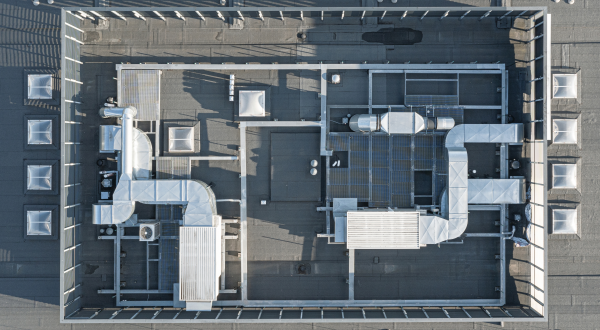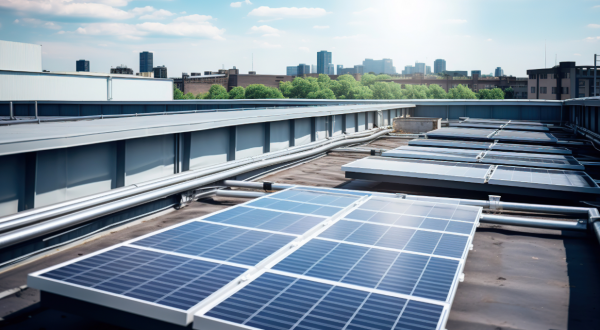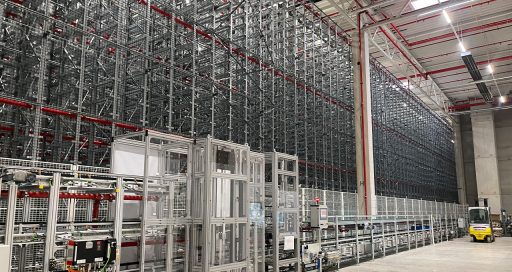In the space of just 24 hours, HVAC company Tunzini Toulouse enabled Toulouse University Hospital to increase its resuscitation capacity in response to the COVID-19 pandemic.
![]()
On 24 March 2020, Xavier Bérut, manager of the Tunzini Toulouse business unit (VINCI Energies), receives a call at home from the project manager of Toulouse University Hospital who followed the refurbishment project handed over one year previously. The purpose of the call is to consult him on the possibility of converting 16 intensive care rooms located on the 7th floor of the hospital into resuscitation rooms that could be used to accommodate patients seriously ill with COVID-19.
At the time, Toulouse A&E departments are coping reasonably well with the numbers of patients arriving due to the SARS-CoV-2 pandemic, but hospital management prefers to prevent any risk of overcrowding by boosting its resuscitation department’s capacity. Xavier Bérut is already familiar with the hospital, and with the 7th floor intensive care rooms in particular, since his company installed the air handling systems there one year earlier. “Back in March, we were all working from home,” he explains. “I immediately got on the phone to our project manager who contacted the staff member responsible for automation and regulation. My colleagues retrieved the files from the server and analysed the possibility of performing the requested alterations.” Two hours later, the hospital’s project manager is advised over the phone that a Tunzini Toulouse team will be on site the next day to carry out the work.
Reversing the airflow
From a technical point of view, a job of this kind involves reversing the airflow. Hospital climate control systems are connected to an air handling unit (AHU) that controls supply and exhaust air streams. In intensive care environments, rooms must be positively pressured, where air is filtered out to prevent contaminants from being introduced and becoming established. In COVID-19 resuscitation environments, the opposite process applies: rooms must be negatively pressured to stop the virus from escaping.
That explains the principle. But in order to quickly switch from one system to another, the installations need to have sufficient airflow capacity and certain equipment needs to be in place, including flow control devices affixed to the ducts, pressure monitors at the entrance to each room, and so on.
Fortunately, “the hospital had initially opted for an optimal solution, which meant that with a reduced team of three people we could remodel the 16 rooms within a day to ensure that they were ready to house the medical equipment and support resuscitation procedures,” says Bérut.
One week to transfer patients
Ready, or almost… since on 25 March, when the Tunzini Toulouse team is on site to perform the work, the intensive care rooms are in use and off limits. However, all of the control devices can be accessed from the corridor, either through wall hatches or through demountable suspended ceilings, which house the ducts. The pressure display mechanisms can also be dismantled from the corridors then programmed to accept the transition to negative values on switchover day.
“We took advantage of our two days on site to train the hospital’s technical team in preparation for a ‘return to normal’.”
The AHU setpoints are controlled by a programmer in the hospital’s building management system, installed in the plant room. “All that had to be done to finish off the day’s work was to validate the whole process by carrying out a real switchover test in an empty room,” points out Bérut. The hospital then spends a week transferring patients from the 7th floor intensive care unit to other available rooms suited to their needs, after which it brings the Tunzini Toulouse team back in to carry out the airflow reversal in the 16 rooms.
And what happens when the system needs to be switched back again? “We took advantage of our two days on site to train the hospital’s technical team in preparation for a ‘return to normal’. So we may not even need to come back,” says the Tunzini Toulouse manager.
17/06/2020





